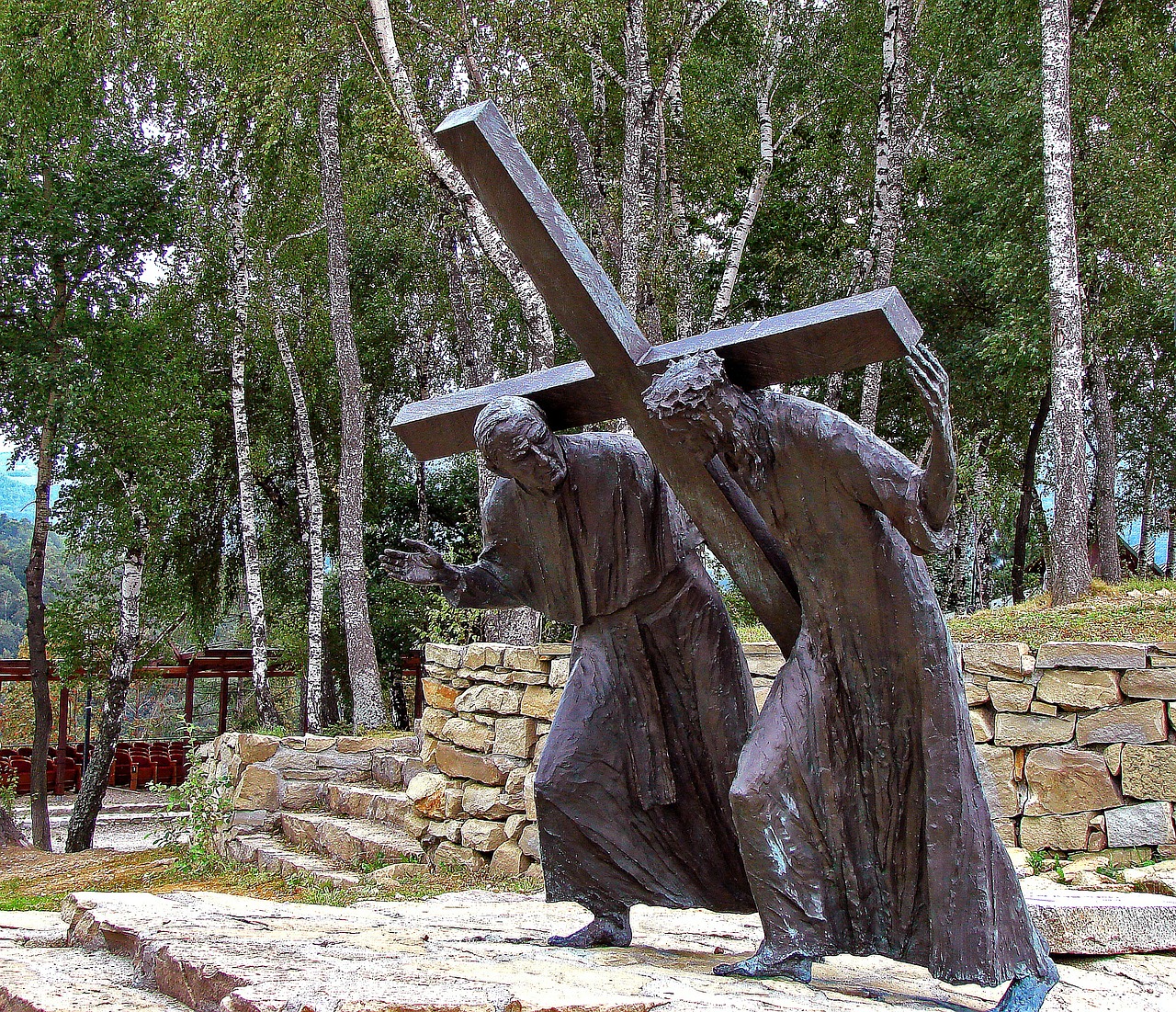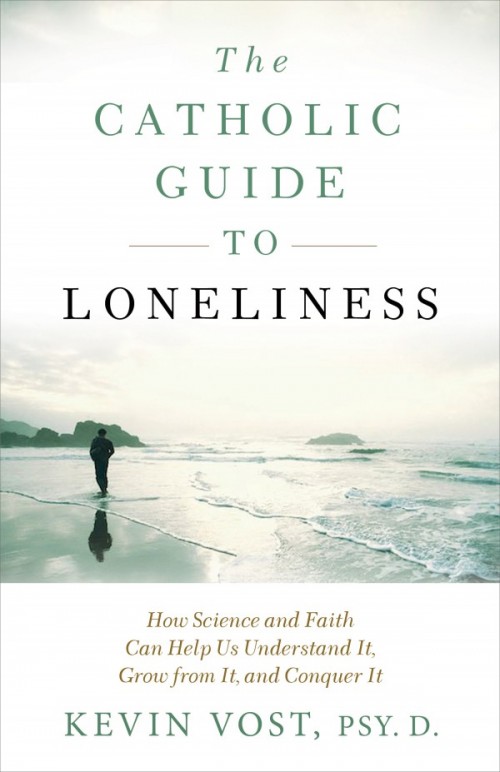
-please click on the image for greater clarity
Thomas Jefferson, to John Adams
Monticello, October 28, 1813
“As a child, he was full of questions” – report of Jefferson as a child
“…there is a natural aristocracy among men. The grounds of this are virtue and talents…There is also an artificial aristocracy, founded on wealth and birth, without either virtue or talents; for with these it would belong to the first class. The natural aristocracy I consider as the most precious gift of nature, for the instruction, the trusts, and government of society. And indeed, it would have been inconsistent in creation to have formed man for the social state, and not to have provided virtue and wisdom enough to manage the concerns of the society. May we not even say, that that form of government is the best, which provides the most effectually for a pure selection of these natural aristoi into the offices of government? The artificial aristocracy is a mischievous ingredient in government, and provision should be made to prevent its ascendency.”
-by Joshua Charles (Joshua Charles is a bestselling author, historian, researcher, and international speaker. He is a passionate defender of America’s founding principles, Judeo-Christian civilization, and the Catholic faith, to which he converted in 2018. He loves telling, and helping others tell, great stories that communicate great truths.)
“The Founding Fathers believed one thing was absolutely essential to a free society: virtue. Sometimes the term they used was “self-government.”
What did it mean? Informed by thousands of years of philosophy and theology, first with Greeks like Aristotle, and later by Christian theologians such as Augustine of Hippo and Thomas Aquinas, the Founders understood “virtue” to be behavior (more specifically, habits) in accordance with the good—which both Aristotle and Aquinas, among others, defined as behaving according to “right reason.” Virtue was thus the willing sacrifice of one’s passions to a higher good, namely “right reason.”
Traditionally, the four “cardinal virtues” of antiquity were prudence, courage, temperance; and justice. The biblical book of Wisdom (8:7) listed the same virtues. Christian theology would go on to include the three “theological virtues,” namely faith, hope; and love (found originally in 1 Corinthians 13, written by Saint Paul). Hence, the famous “seven deadly sins” were the opposite of these virtues: lust, gluttony; greed, sloth, wrath, envy, and pride.
Benjamin Franklin, in his “Autobiography,” listed a similar set of virtues:
Temperance: Eat not to dullness, drink not to elevation.
Silence: Speak not but what may benefit others or yourself. Avoid trifling conversation.
Order: Let all your things have their places. Let each part of your business have its time.
Resolution: Resolve to perform what you ought. Perform without fail what you resolve.
Frugality: Make no expense but to do good to others or yourself, i.e. waste nothing.
Industry: Lose no time—be always employed in something useful—cut off all unnecessary actions.
Sincerity: Use no hurtful deceit. Think innocent and justly, and, if you speak, speak accordingly.
Justice: Wrong none by doing injuries or omitting the benefits that are your duty.
Moderation: Avoid extremes. Forbear resenting injuries so much as you think they deserve.
Cleanliness: Tolerate no uncleanness in body, clothes, or habitation.
Tranquility: Be not disturbed at trifles, or at accidents common or unavoidable.
Chastity
Humility: Imitate Jesus and Socrates.
Notice what each virtue requires: self-control; self-limitation. Indeed, the long tradition in both philosophy and theology had been to equate virtue with happiness—thus, for Jefferson, the “pursuit of happiness” meant something far closer to “freedom to pursue the good” rather than “freedom to do whatever I want.” The first makes a free society possible. The second destroys it, because to abandon the virtues always involves a violation of the integrity of the human person—either ourselves, or (more often) others. When such violations are not avoided, or mended, by individuals and families, it is “mended” by a far blunter instrument—government. When one does not control oneself, someone, or something else will—namely, the state.
The Founders were deeply aware of this reality.
For example, in his first Inaugural Address, George Washington made this connection quite forcefully, including a broad allusion to the Bible:
“[T]here is no truth more thoroughly established, than that there exists in the economy and course of nature, an indissoluble union between virtue and happiness, between duty and advantage, between the genuine maxims of an honest and magnanimous policy, and the solid rewards of public prosperity and felicity: Since we ought to be no less persuaded that the propitious smiles of Heaven, can never be expected on a nation that disregards the eternal rules of order and right, which Heaven itself has ordained [see Proverbs 14:34]: And since the preservation of the sacred fire of liberty, and the destiny of the Republican model of Government, are justly considered as deeply, perhaps as finally staked, on the experiment entrusted to the hands of the American people.”
Likewise, President John Adams made this connection explicit:
“We have no Government armed with Power capable of contending with human Passions unbridled by morality and Religion. Avarice, Ambition Revenge or Gallantry, would break the strongest Cords of our Constitution as a Whale goes through a Net. Our Constitution was made only for a moral and religious People. It is wholly inadequate to the government of any other.”
In other words, a Constitution for a free people necessarily assumes they will exercise a degree of self-control that doesn’t take place in other societies.
During the Revolution, John’s cousin, the famous Samuel Adams, made the same point in a famous line about this great formula of freedom: “If Virtue and Knowledge are diffused among the People, they will never be enslaved. This will be their great Security.”
For the Founders, being educated was an essential part of a free society, and part of virtue as well. Ignorance and liberty are not compatible in the long-term—a fact that our own social-media-saturated society seems to have forgotten, substituting base ideology, demagoguery, and lies for facts and evidence.
Samuel, writing in turn to his cousin who had just become Vice President (John), asserted in another place:
“Let Divines, and Philosophers, Statesmen and Patriots unite their endeavors to renovate the Age, by impressing the Minds of Men with the importance of educating their little boys, and girls—of inculcating in the Minds of youth the fear, and Love of the Deity, and universal Philanthropy; and in subordination to these great principles, the Love of their Country—of instructing them in the Art of self-government, without which they never can act a wise part in the Government of Societies great, or small—in short of leading them in the Study, and Practice of the exalted Virtues of the Christian system.”
In his final Farewell Address to the new nation, Washington used his last great moment before the nation to make the connection between virtue and liberty crystal clear:
“It is substantially true that virtue or morality is a necessary spring of popular government. The rule, indeed, extends with more or less force to every species of free government. Who that is a sincere friend to it can look with indifference upon attempts to shake the foundation of the fabric?”
He even went so far as to say that anyone who would undermine morality could not possibly be a patriot:
“Of all the dispositions and habits which lead to political prosperity, religion and morality are indispensable supports. In vain would that man claim the tribute of patriotism, who should labor to subvert these great pillars of human happiness, these firmest props of the duties of men and citizens. The mere politician, equally with the pious man, ought to respect and to cherish them. A volume could not trace all their connections with private and public felicity … And let us with caution indulge the supposition that morality can be maintained without religion. Whatever may be conceded to the influence of refined education on minds of peculiar structure, reason and experience both forbid us to expect that national morality can prevail in exclusion of religious principle.”
Reams of examples could be cited, but the point is clear: for the Founders, virtue and freedom were necessary partners. To have one without the other was to violate a fundamental law of nature.
If we desire to maintain a free society in America, we can no longer ignore, let alone denigrate, the necessity of virtue in our private and public lives.”
Love & patriotism,
Matthew











